Articles by Caroline Seymour
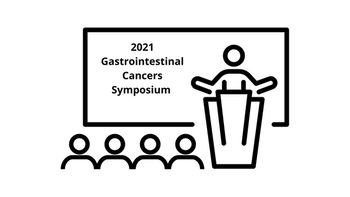
Results from the phase 3 IMbrave150 clinical trial showed that the combination of atezolizumab and bevacizumab continued to demonstrate improvement in survival compared with sorafenib in previously untreated patients with advanced hepatocellular carcinoma.

Despite the success of CDK4/6 inhibitors in patients with advanced hormone receptor–positive, HER2-negative breast cancer, acquired resistance develops in many. For these patients, research indicates that treatment sequencing may soon include agents that act on implicated pathways of resistance.
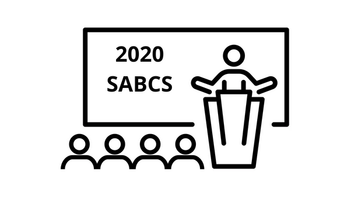
For patients with node-negative early breast cancer, RSClin, an intergration of the 21-gene expression assay and clinical pathologic features, provided more prognostic information compared with the 21-gene recurrence score or clinical pathologic features alone, as well as a more precise prediction of absolute chemotherapy benefit.

Ipatasertib in combination with paclitaxel failed to demonstrate a significant improvement in progression-free survival compared with placebo plus paclitaxel as treatment of patients with PIK3CA/AKT1/PTEN-altered locally advanced, unresectable or metastatic triple-negative breast cancer.

Alpelisib in combination with letrozole demonstrated sustained efficacy and no new safety signals as treatment of patients with PIK3CA-mutant HR–positive, HER2-negative advanced breast cancer who received prior treatment with the combination of a CDK4/6 inhibitor and fulvestrant.

Five-year invasive disease-free survival and overall survival were improved with the addition of chemotherapy to endocrine therapy as treatment of premenopausal, but not postmenopausal, women with hormone receptor–positive, HER2-negative, lymph node–positive breast cancer and a recurrence score between 0 and 25.
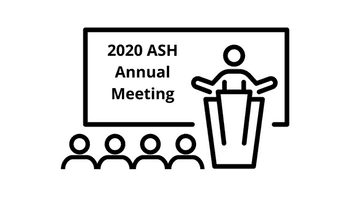
A study presented during the 2020 ASH Annual Meeting has suggested that certain driver mutations for myeloproliferative neoplasms can be traced back to when they were acquired as early as in utero.

In patients with acute myeloid leukemia and myelodysplastic syndrome, treatment with sabatolimab administered at 200 mg every 2 weeks and 800 mg every 4 weeks demonstrated similar pharmacokinetic activity, according to findings from a dose-selection and dose-response analysis presented during the 2020 American Society of Hematology Annual Meeting.

A real-world analysis showed the positive safety and efficacy of the investigational tyrosine kinase inhibitor asciminib as treatment of patients with chronic myeloid leukemia without any alternatives in clinical practice.
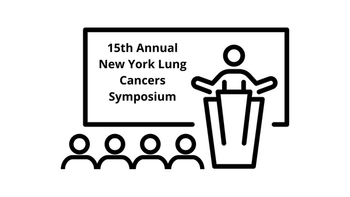
An important milestone in the treatment landscape of extensive-stage small cell lung cancer has been trials of first-line chemoimmunotherapy. However, a study that requires better understanding of the methods and can be used to determine patients who are likely to experience durable benefits to therapy is currently concentrated.
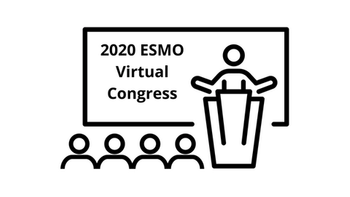
In the phase 3 EMPOWER-Lung 1 trial, patients with advanced non–small cell lung cancer with PD-L1 expression on at least 50% of their tumor cells, had a significant improvement in overall survival and progression-free survival with cemiplimab-rwlc monotherapy compared with platinum-doublet chemotherapy.

Findings from the phase 1 CHRYSALIS study showed that patients with advanced EGFR-mutant non–small cell lung cancer who were treatment naïve or resistant to osimertinib therapy had high response rates when treated with the combination of amivantamab and lazertinib. Results also demonstrated a favorable safety profile for the regimen, according to results reported at the ESMO Virtual Congress 2020.

Findings from the phase 3 monarchE trial reported at the ESMO Virtual Congress 2020 showed that the risk of invasive disease with abemaciclib plus endocrine therapy was significantly reduced versus endocrine therapy alone in patients with high-risk early hormone receptor-positive, HER2-negative breast cancer.
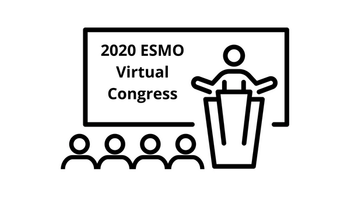
An improvement in progression-free survival and objective response rate was not observed with the addition of ipatasertib to paclitaxel in patients with PIK3CA/AKT1/PTEN-altered hormone receptor–positive, HER2-negative advanced breast cancer.

The combination of ibrutinib and venetoclax will be tested as frontline therapy in previously untreated patients with mantle cell lymphoma as part of the 3-part phase 3 SYMPATICO trial.

"The data from this ongoing trial of eprenetapopt with azacitidine continue to be very encouraging in these most difficult-to-treat [patients with] TP53-mutant MDS and AML, who not only have at least one TP53 mutation but the majority of whom also have high risk cytogenetic abnormalities,."
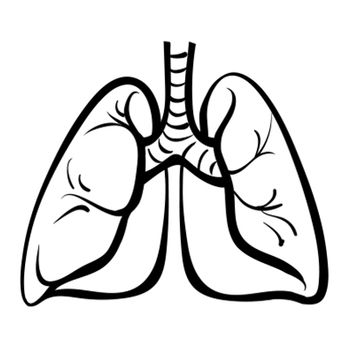
Durable clinical activity was demonstrated with tepotinib, an oral, highly selective MET inhibitor, in patients with locally advanced or metastatic non–small cell lung cancer and a MET exon 14 skipping mutation identified through liquid or tissue biopsy. This data was from the phase 2 VISION trial presented during the at the 2020 Virtual Scientific Meeting and published in the New England Journal of Medicine.
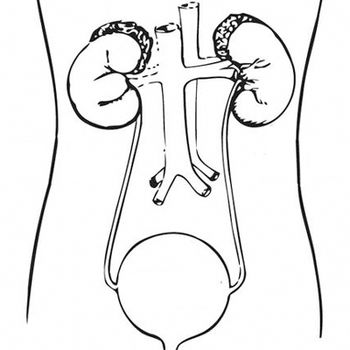
"Liquid biopsies continue to gain attention in the field of oncology. The ability to have a rapid, noninvasive test, and one that allows for serial treatment monitoring is imperative for more precise patient care."

"Pembrolizumab works in non-randomized studies in this group of patients with advanced disease. This randomized study demonstrates a huge benefit in the first-line [setting] with pembrolizumab and should be the new standard of care."

In an interview with Targeted Oncology at the 2019 ASH Annual Meeting, Diego Villa, MD, MPH, discussed the benefit of bendamustine plus rituximab versus R-CHOP in transplant-eligible and -ineligible patients with mantle cell lymphoma.

In an interview with Targeted Oncology, Jeff P. Sharman, MD, discussed the updated ELEVATE-TN data and ongoing research that is poised to define the optimal role of acalabrutinib in CLL at the 2019 ASH Annual Meeting.

Certain patients with BRAF non-V600-mutant, RAS-dependent metastatic colorectal cancer may be sensitive to anti-EGFR therapy, according to the results of a a multicenter pooled analysis recently published in Clinical Cancer Research. The analysis suggested that those with RAS<em>-</em>dependent tumors were more likely to respond to anti-EGFR therapy than those with RAS-independent tumors.

Investigators on a first-in-human phase I trial found that antibody and T-cell responses were detected in a vaccine targeting GUCY2C, a commonly overexpressed protein in patients with early-stage colorectal cancer.<br />

Preclinical data suggest that the small molecule IACS-10759, which targets the oxidative phosphorylation and glutaminolysis pathways, may play a critical role in overcoming resistance to ibrutinib in mantle cell lymphoma.

Clinical outcomes were consistent among transplant-eligible patients with mantle cell lymphoma, regardless of which chemoimmunotherapy induction treatment was administered to the patient.

In a recent retrospective analysis, investigators found that initially observing patients with mantle cell lymphoma based solely on clinical criteria was an effective management strategy that did not compromise patient outcomes.

Srdan Verstovsek, MD, PhD, discusses the use of interferon in MPNs, including essential thrombocythemia, polycythemia vera, and myelofibrosis.

Matthew S. Davids, MD, MMSc, discusses methods for choosing between frontline therapies for patients with newly diagnosed CLL and highlighted anticipated research in the field.

According to new data, survivors of childhood cancer who have lived 5 or more years from their primary malignancy may be up to 30 times more likely to develop a skin malignancy compared with the general population.

Abdulraheem Yacoub, MD, discusses the development of interferon and its current role in the management of patients with MPNs.














